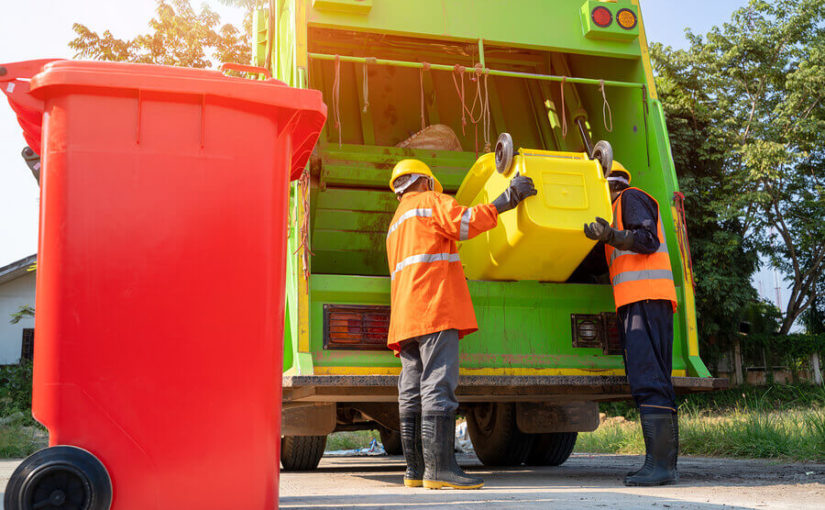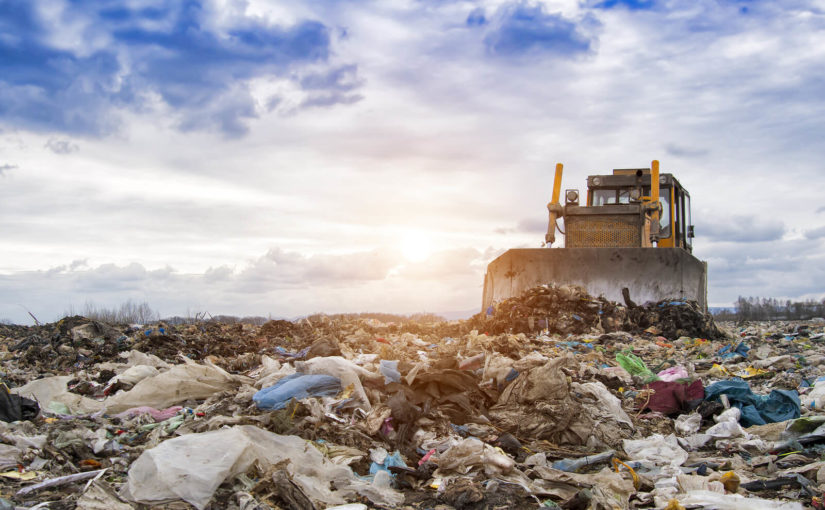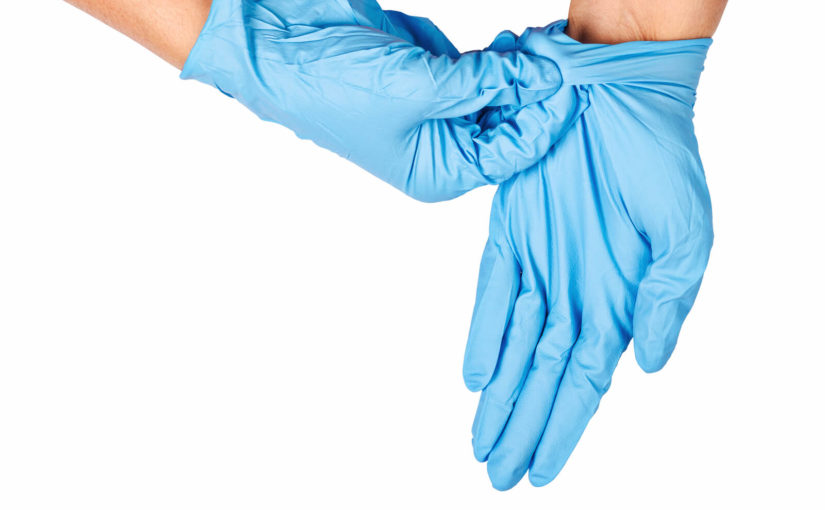With the majority of the UK at home for the foreseeable future — whether working from home, temporarily unemployed, or self-isolating — the amount of domestic waste being produced by households across the country has increased dramatically.
Usually, waste would be spread between household waste, public waste, and commercial waste. However, at the moment, with many workplaces, public bins and recycling centres closed, our domestic bins are filling up quicker than ever before.
In fact, local authorities have been reporting an increase of between 20 and 50 per cent on usual domestic waste volumes across the UK.
On top of this, councils are experiencing far higher staff absence levels than usual due to the self-isolation recommendations set by the government during the COVID-19 pandemic.
So, what impact has all of this had on the nation’s household waste collection services?
Continue reading Increase in domestic waste leads to councils burning recycling

